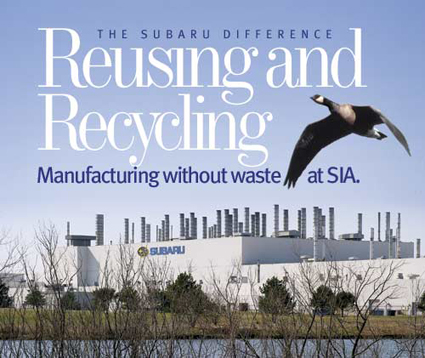
Developed by Paul Hawken, founder of the popular gardening store Smith and Hawken, Hunter Lovins, and Rocky Mountain Institute CEO Amory B. Lovins, Natural Capitalism is our obvious inspiration and a new business model that synergizes four major elements for the new Industrial Revolution:
1. Radically increase the productivity of resource use.
Through fundamental changes in production design and technology, leading organizations are making natural resources stretch five, ten, even 100 times further than before. The resulting savings in operational costs, capital, and time quickly pay for themselves, and in many cases initial capital investments actually decrease.
2. Shift to biologically inspired production, (Biomimicry), with closed loops, no waste, and no toxicity.
Natural Capitalism seeks not merely to reduce waste but also to eliminate the concept altogether. Closed-loop production systems, modeled on nature’s designs, return every output harmlessly to the ecosystem or create valuable inputs for other manufacturing processes. Industrial processes that emulate nature’s benign chemistry reduce dependence on nonrenewable inputs, eliminate waste and toxicity, and often allow more efficient production.
3. Shift the business model away from the making and selling of "things" to providing the service that the "thing" delivers.
The business model of traditional manufacturing rests on the sporadic sale of goods. The Natural Capitalism model delivers value as a continuous flow of services—leasing an illumination service, for example, rather than selling light bulbs. This shift rewards both provider and consumer for delivering the desired service in ever cheaper, more efficient, and more durable ways. It also reduces inventory and revenue fluctuations and other risks.
4. Reinvest in natural and human capital.
Any good capitalist reinvests in productive capital. Businesses are finding an exciting range of new cost-effective ways to restore and expand the natural capital directly required for operations and indirectly required to sustain the supply system and customer base.
This thesis is fully developed in Natural Capitalism: Creating the Next Industrial Revolution


